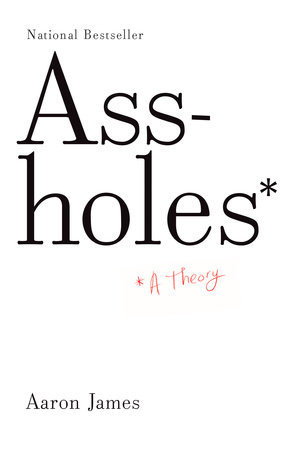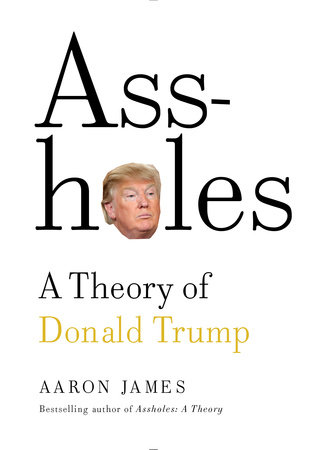Stupidity, defined and illustrated
Italian historian Carlo M. Cipolla writes a fun book, The Basic Laws of Human Stupidity, which contains this nice definition:
A stupid person is a person who causes losses to another person or to a group of persons while himself deriving no gain and even possibly incurring losses. (p. 36).
Cipolla notes that, at first blush, it can be hard to see why anyone would ever be stupid. That is a famous problem with “weakness of will”–of how someone could judge that he or she really ought to brush his or her teeth tonight, for the sake of comfort and hygiene, and then just not go through with it. If others consequently suffer, the act does seem to be one of stupidity. Hard to understand, but most of us do it in one way or another.
Other examples involve bad risk taking. The stupid person is the guy who stupidly bets his house on the proposition that his underdog team will win the big game, despite its low odds of winning. The potential upside is mainly bragging rights–he can say that “he called it,” having displayed his supreme confidence in the huge wager. The downside is his family being cast into homelessness.
Surely he’s stupid for taking the bet if he loses. But he’s also stupid if he wins by getting lucky. In that case the definition should be extended to include “expected loses” along with actual loses. Likewise for the winner of Russian Roulette. Playing with a 1/6 chance of dying–1 bullet, six chambers–is stupid even if the player gets an empty “click” after pulling the trigger.
A grander but more controversial example might be Alan Greenspan’s permitting the recent US housing and debt bubble. That (among many, many other decisions) had the catastrophic outcomes we’ve seen since the Great Recession crisis.
What was Greenspan thinking? He knew there were real risks of a hard landing. So why didn’t he “pull away the punch bowl” while the party was going? Mainly for fear of doing so prematurely. We’d miss big upside gains, which might be large enough to repair the damage after a crisis, leaving us net winners after the mop up operation. Oops. As Greenspan himself admitted, he was mistaken on that one; he misjudged the magnitude of the potential downside (partly because, so he explained, he couldn’t believe that particular firms could be so imprudent, in some cases, so stupid). If Greenspan could he have known the risks were more serious, though, we might say he was not only mistaken but stupid.
Could or should he have known the risks were more serious? Assuming near prudence on the part of firms seems pretty outlandish, and not just because the crises proved that prudence can’t be taken for granted. (Greenspan may have suffered under the stupefying effect of a certain philosophical picture of markets, which ignores “animal spirits”). If he’d paid any attention to history–for instance, to any number of the crises in history analyzed by Reinhard and Rogoff in their magesterial (but post-crisis) This Time is Different–he might have seen fit to be more careful, to be less stupid.

